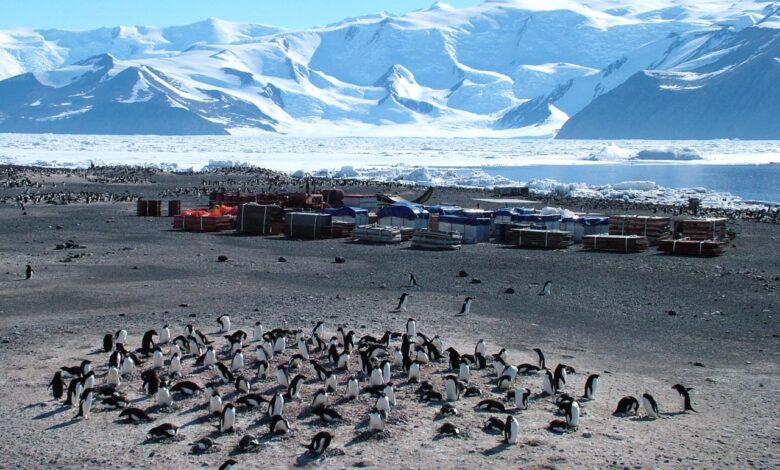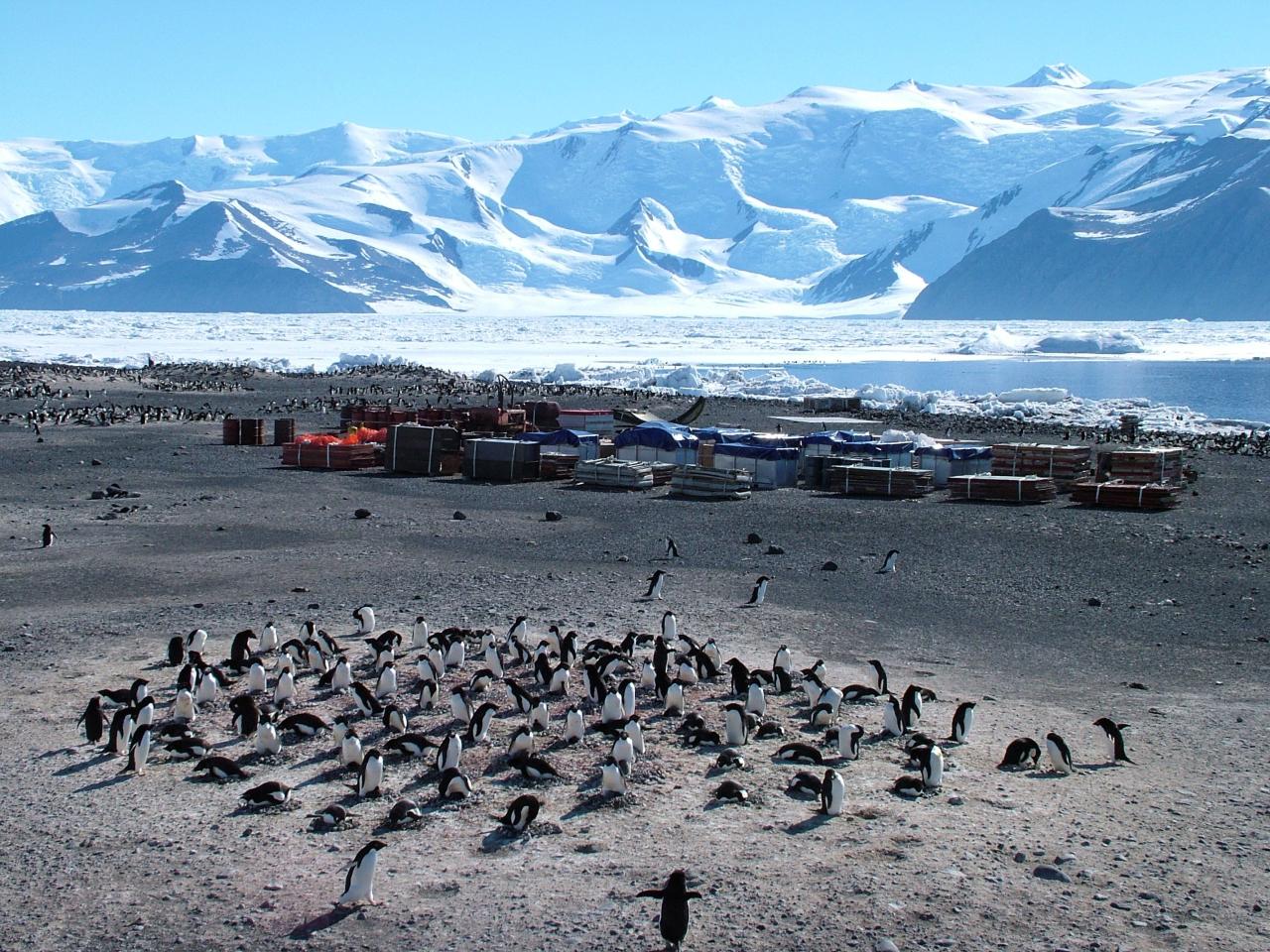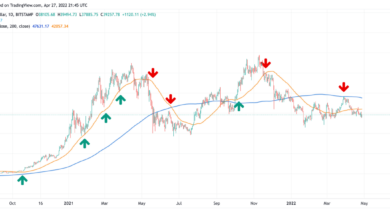
How to Avoid Anarchy in Antarctica
How to avoid anarchy in Antarctica? It’s a question that might seem absurd, conjuring images of penguins waging war over krill. But the reality is, this icy continent, a seemingly untouched wilderness, faces complex geopolitical challenges. Maintaining peace in Antarctica isn’t just about preventing penguin skirmishes; it’s about managing competing national interests, protecting a fragile ecosystem, and ensuring the continued success of vital scientific research.
This post delves into the fascinating mechanisms in place to keep the peace and explores the potential threats to this delicate balance.
The Antarctic Treaty System, a cornerstone of international cooperation, plays a crucial role. However, its effectiveness relies on the continued commitment of signatory nations and the ability to adapt to emerging challenges like resource scarcity and the impacts of climate change. We’ll examine the treaty’s strengths and weaknesses, exploring potential scenarios where cooperation could falter and the dire consequences that could follow.
From resource management and environmental protection to the intricate dance of national interests, we’ll unravel the complexities of maintaining order in this unique and vital region.
Environmental Protection and its Relation to Security: How To Avoid Anarchy In Antarctica

Antarctica, a seemingly pristine wilderness, faces significant environmental threats that have the potential to destabilize the delicate international cooperation currently governing the continent. The unique ecosystem, crucial for scientific research and possessing immense intrinsic value, is vulnerable to human activity and the effects of climate change. Protecting this environment is not merely an environmental concern; it’s a crucial element of maintaining peace and preventing future conflicts.The importance of robust environmental protection protocols in maintaining peace and stability in Antarctica cannot be overstated.
The Antarctic Treaty System, while successful in preventing territorial claims and promoting scientific collaboration, relies heavily on the shared understanding that the continent’s resources and environment are protected for the benefit of all humankind. A breakdown in environmental protection could easily lead to disputes over resources, access, and responsibility for environmental damage, undermining the very foundations of the treaty system.
Environmental Threats and Potential for Conflict
Several environmental threats loom large over Antarctica. Climate change is arguably the most significant, causing accelerated ice melt, sea level rise, and disruptions to the delicate Antarctic ecosystem. This impacts not only the wildlife but also the stability of the ice sheets themselves, potentially leading to catastrophic events and triggering disputes over resource allocation, particularly if access to newly navigable waters becomes a point of contention.
Pollution from research stations, tourism, and potential future resource extraction activities also pose a serious risk. Disagreements over responsibility for cleanup and the enforcement of pollution regulations could escalate into international tensions. Furthermore, the potential for accidental oil spills from shipping or research activities carries a significant risk of environmental catastrophe and subsequent international disputes.
Successful Environmental Protection Initiatives
The Antarctic Treaty System itself represents a major success in environmental protection. The Protocol on Environmental Protection to the Antarctic Treaty (the Madrid Protocol) established a comprehensive framework for environmental management, including the designation of Antarctic Specially Protected Areas (ASPAs) and Specially Managed Areas (SMAs). These designated zones restrict human activity to protect unique ecosystems and important wildlife habitats.
The establishment and enforcement of these protected areas demonstrate a commitment to preserving Antarctica’s natural environment, acting as a powerful tool in preventing conflicts arising from environmental degradation. Furthermore, the rigorous environmental impact assessments required before any activity can take place in Antarctica demonstrate a commitment to proactive environmental management.
Approaches to Environmental Monitoring and Enforcement
Environmental monitoring in Antarctica relies on a combination of on-site observations, remote sensing technologies (satellite imagery, for instance), and data analysis. Different nations and organizations contribute to this monitoring, leading to a collaborative approach, though challenges remain in ensuring consistent data collection and analysis standards across all participants. Enforcement, however, is less straightforward. The Antarctic Treaty System relies heavily on the principle of state responsibility, with each nation responsible for the actions of its citizens and organizations operating in Antarctica.
This system relies on cooperation and transparency, and its effectiveness depends on the commitment of individual signatory nations to uphold the treaty’s provisions. This contrasts with approaches seen in other regions, which may involve more centralized enforcement mechanisms or international bodies with greater regulatory power.
Potential Environmental Disasters and Their Impact on International Relations, How to avoid anarchy in antarctica
A catastrophic event in Antarctica could severely strain international relations.
- Large-scale oil spill: A major oil spill from a research vessel or a tourist ship could devastate the Antarctic ecosystem, causing immense environmental damage and potentially triggering disputes over liability and cleanup costs. This could lead to mistrust and strained relations among nations involved.
- Collapse of a major ice shelf: The collapse of a large ice shelf could have significant consequences for global sea levels and potentially lead to disputes over resource access and the relocation of affected populations in nearby regions. This could generate tensions among countries with differing perspectives on climate change mitigation and adaptation strategies.
- Widespread pollution from mining activities (hypothetical): Although currently prohibited, the hypothetical resumption of mining activities in Antarctica, without strict environmental regulations, could lead to extensive pollution and environmental damage, triggering intense international conflict over resource access and environmental remediation.
- Introduction of invasive species: The introduction of non-native species, either accidentally or intentionally, could disrupt the delicate Antarctic ecosystem, leading to the displacement of native species and the potential for biodiversity loss. Disputes could arise over responsibility for controlling the spread of invasive species and mitigating the resulting ecological damage.
Antarctica’s future hinges on our collective ability to navigate the complex web of international relations, environmental concerns, and scientific ambitions. The Antarctic Treaty System, while imperfect, serves as a vital framework for peaceful cooperation. However, its success depends on continuous vigilance, proactive adaptation to emerging challenges, and a steadfast commitment to preserving this pristine continent for future generations.
Ignoring the potential for conflict in Antarctica is not an option; proactive collaboration is the key to preventing a future where the only sounds heard are not the calls of penguins, but the clash of nations.
So, how do we avoid a complete meltdown in Antarctica? Strong international cooperation is key, obviously, but even that can crumble. It reminds me of the current state of the GOP, as highlighted by mark sanford announces trump primary challenge gop has lost our way ; their internal divisions mirror the potential for chaos on a frozen continent.
Ultimately, clear rules and a commitment to shared governance, just like a functioning political party, are essential to prevent Antarctic anarchy.
Maintaining order in Antarctica, a land of extreme conditions and international cooperation, requires strong governance. The complexities of such a system are mirrored, in a way, by the political battles brewing in the US, as evidenced by this article detailing how the GOP plans to investigate Hunter Biden’s finances: top house republican reveals how gop will target hunter bidens financial ties to father.
Just as clear rules and accountability are crucial for avoiding political chaos, similar principles are essential for preventing anarchy in the icy wilderness of Antarctica.
Maintaining order in Antarctica requires strong international cooperation, something seemingly lacking in other areas of global governance. The recently unsealed Epstein docs, unsealed Epstein docs exposed allegations against rich and powerful , highlight how easily power can be abused without oversight. This underscores the need for transparent and accountable systems, not just in the icy wastes of the Antarctic, but everywhere.




